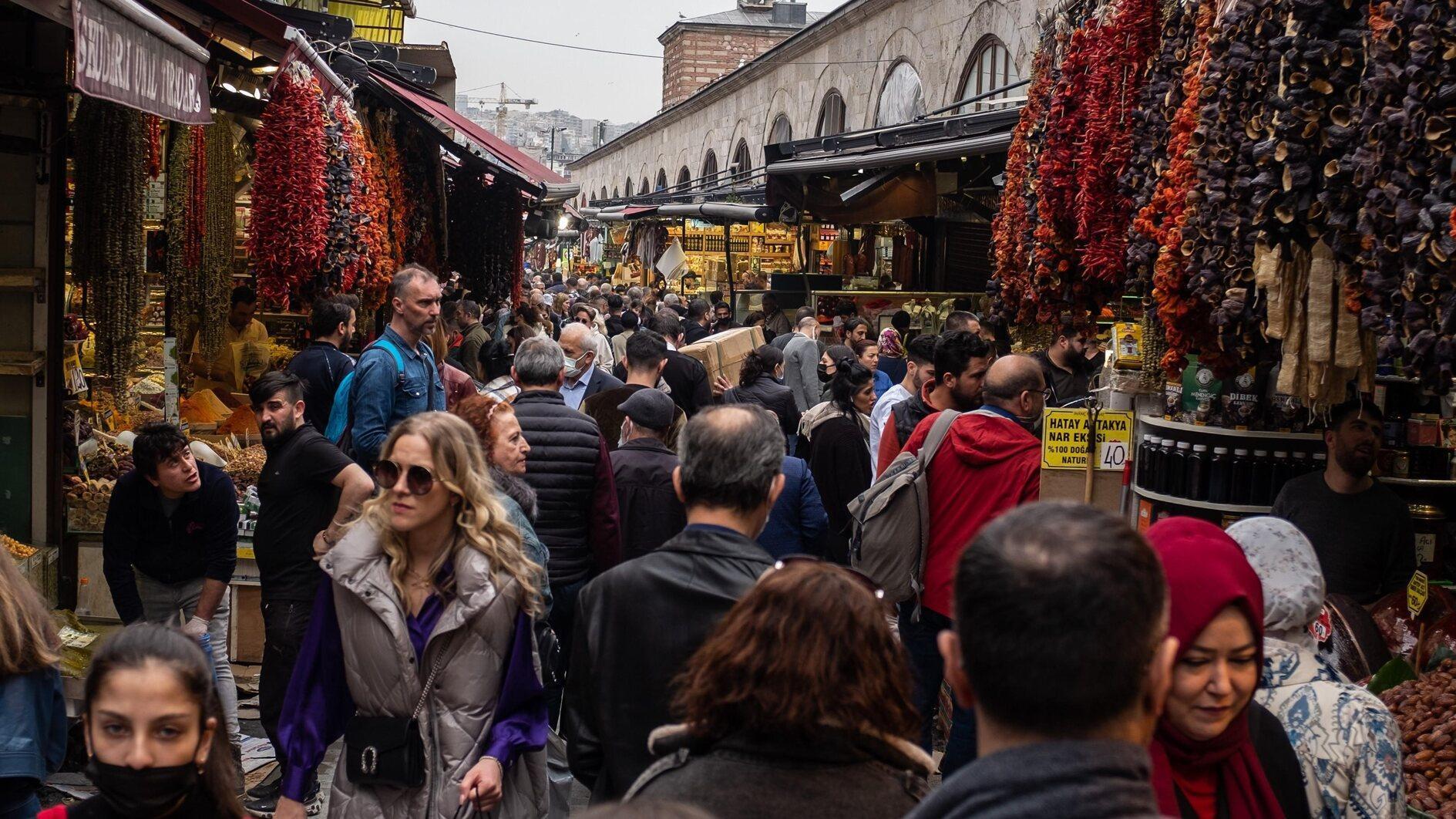Turkey’s top religious body slams ‘Jedi religion’
ISTANBUL
 After recently slamming the warped theology of the Islamic State of Iraq and the Levant (ISIL), Turkey’s top religious body may have another formidable enemy: The Jedi.
After recently slamming the warped theology of the Islamic State of Iraq and the Levant (ISIL), Turkey’s top religious body may have another formidable enemy: The Jedi.In an article for the latest edition of the Directorate of Religious Affairs’ (Diyanet) monthly magazine, Marmara University Assistant Professor Bilal Yorulmaz has warned of the spreading new “religion” of Jediism - the religion of the Jedi warriors in the Star Wars series.
“Jediism … is spreading today in Christian societies. Around 70,000 people in Australia and 390,000 people in England currently define themselves as Jedis,” Yorulmaz wrote, before engaging in an Islamic-based critique of a number of Hollywood blockbusters.
He also slammed Turkish theatre and cinema producers over what he described as the “ill-minded” presentation of religious people as “bad characters” and also giving Islamic-themed names to unintelligent characters.
The article comes four months after thousands of irreverent Turkish students raised their voices in online campaigns to build Jedi and Buddhist temples at their universities.
Campaigns were organized after the government-controlled Diyanet announced late last year that mosques were being built on campuses at more than 80 universities in Muslim-majority Turkey. The debate became heated when Mehmet Karaca, rector of Istanbul Technical University (İTÜ), announced in March that “a landmark mosque” would be built on the campus.
The Diyanet hit the headlines more recently with its head, Mehmet Görmez, called on religious authorities in the Middle East to unite against the oppression of ISIL. The call was made in tandem with a Diyanet report on ISIL terrorism.
However, not all Islamic scholars are irked by the Star Wars universe. “It is natural to have such movies as long as they don’t encourage violence,” theologist Abdülaziz Bayındır told daily Habertürk, commenting on Yorulmaz’s article in the Diyanet magazine.
















